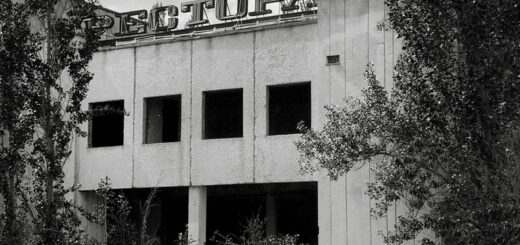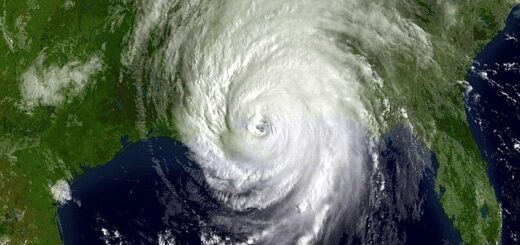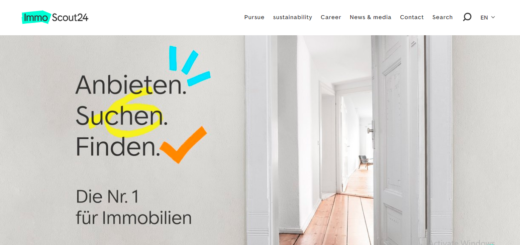Bhopal India Gas Poisoning – December, 1984
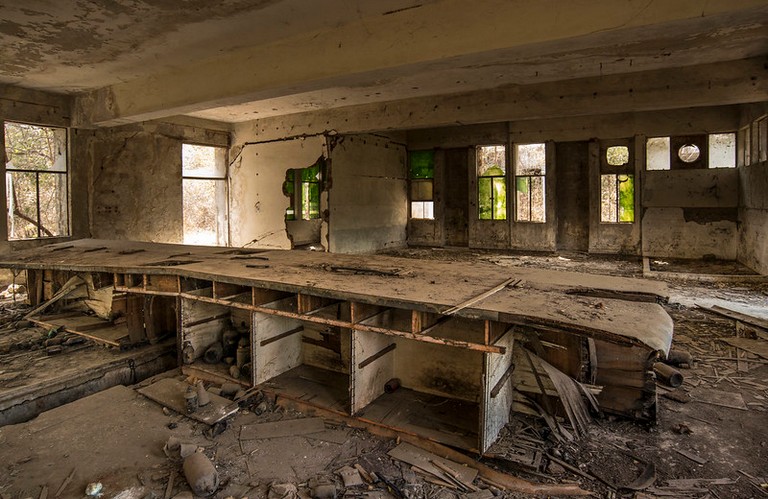
In the early hours of 03 December, 1984, tons of poisonous gas escaped from Union Carbide’s factory at Bhopal, India. Methyl isocyanate, a highly toxic substance, was being processed here to produce insecticide for farmers. The incident took place at the Union Carbide India Limited (UCIL) pesticide plant in Bhopal, Madhya Pradesh. On the mid night of December 2-3, a toxic leaked from the plant, exposing thousands of people to deadly fumes.
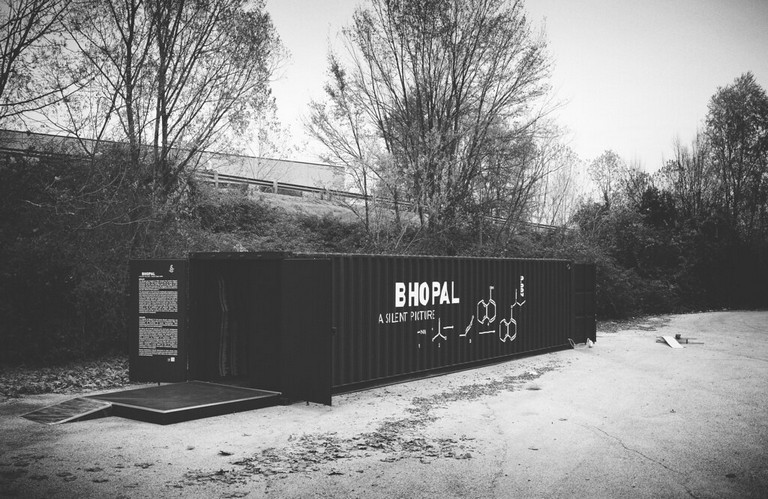
Symptoms of the victims who were exposed to the poisonous gas took different forms depending on distance from the factory. They included immediate irritation, chest pain, breathlessness, and if no help was at hand the problem developed into asthma, pneumonia, and finally cardiac arrest.
The immediate effects of the gas leak were catastrophic. Thousands died within a few days, and many more suffered long-term health consequences. The exact number of casualties remains a subject of debate, but estimates range from several thousand to tens of thousands.
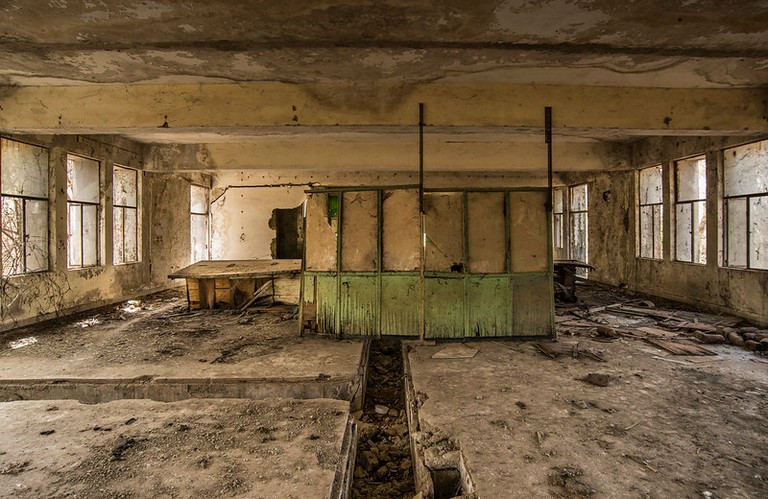
Investigations revealed that inadequate safety measures, poor maintenance, and cost-cutting practices were contributing factors to the disaster. The plant’s safety systems were found to be malfunctioning, and emergency preparedness was lacking. The aftermath of the Bhopal gas tragedy included legal battles, compensation claims, and increased awareness about the need for stringent industrial regulations. Union Carbide faced legal action and agreed to pay compensation, though the amount was widely criticized as inadequate.
The tragedy prompted discussions on corporate responsibility, the role of multinational corporations in developing countries, and the importance of stringent safety standards. Decades later, the site of the Union Carbide plant remained a symbol of environmental and humanitarian concerns.

